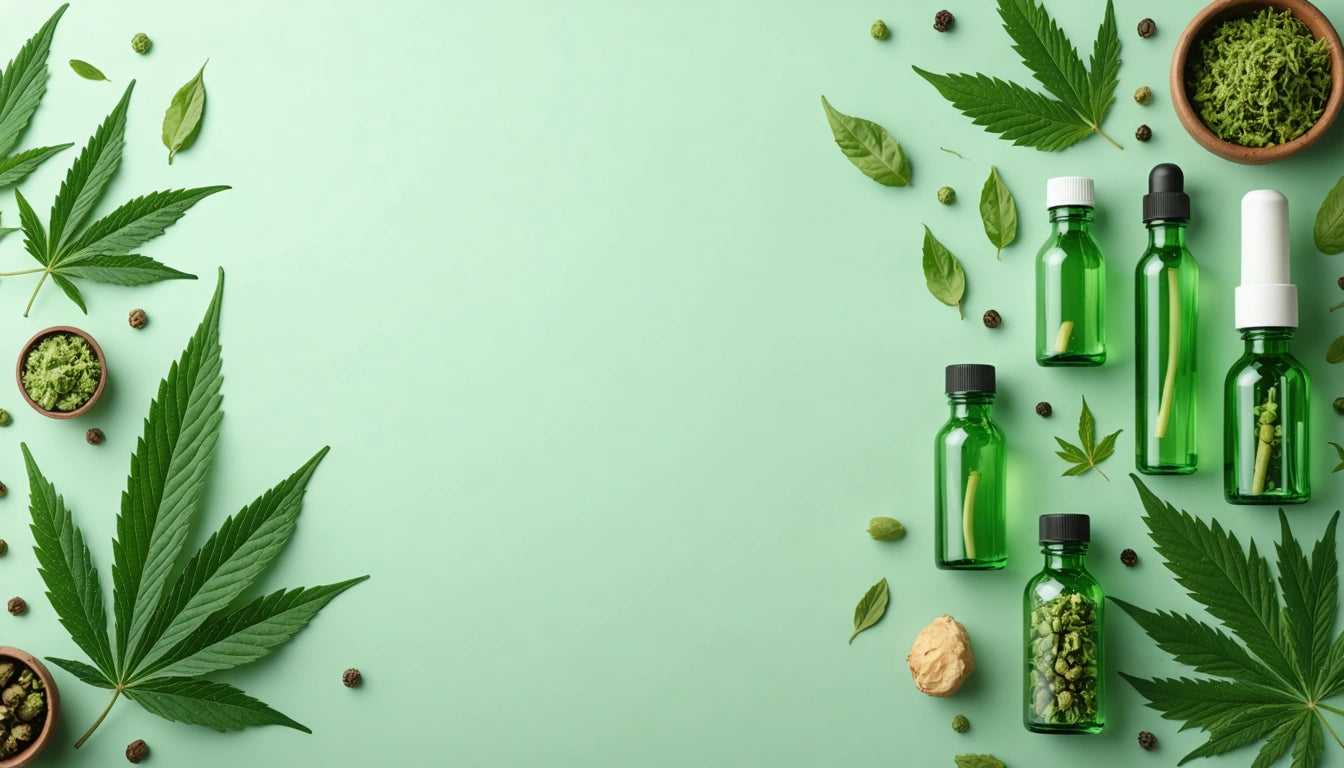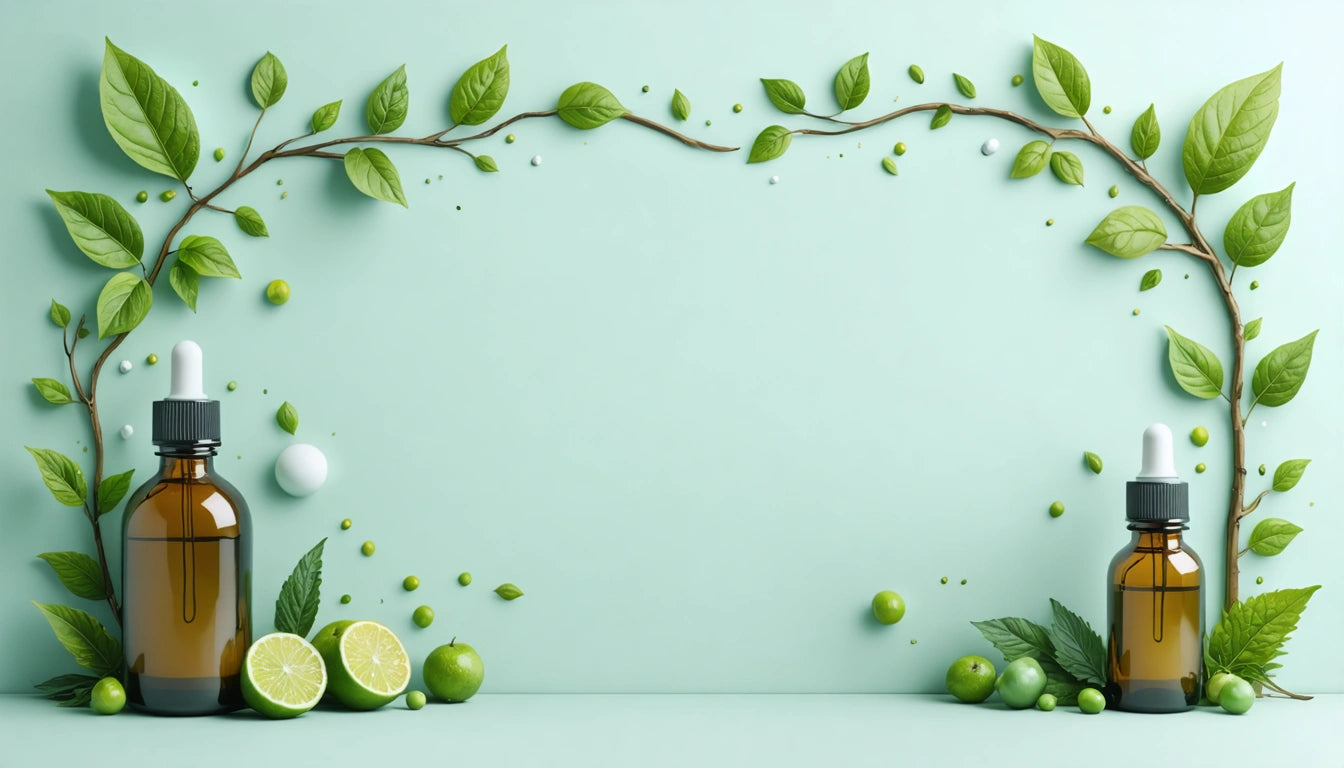Table of Contents
- Understanding Edible Cannabis: Potency and Effects
- Can You Overdose on Edibles? Examining the Risks
- Physiological Effects of Edibles on the Body
- Accidental Consumption: What to Do If You Accidentally Eat an Edible
- Secondary Exposure Concerns: If You Kiss Someone Who Ate an Edible
- Safety Recommendations and Harm Reduction Strategies
Understanding the Risks and Effects of Edible Cannabis Consumption
Cannabis edibles have grown increasingly popular as legalization expands across different regions. However, this consumption method comes with unique considerations regarding safety, dosing, and potential adverse effects. This comprehensive guide addresses common concerns about edible cannabis products, from overdose potential to accidental consumption.
Understanding Edible Cannabis: Potency and Effects
Edible cannabis products differ significantly from inhaled cannabis in how they affect the body. When consumed orally, THC undergoes a metabolic conversion in the liver, transforming into 11-hydroxy-THC, which is more potent and produces longer-lasting effects than standard THC.
According to this detailed guide on edibles effects, the onset typically begins 30-90 minutes after consumption, with effects potentially lasting 6-8 hours or longer depending on dosage, metabolism, and individual tolerance.
Can You Overdose on Edibles? Examining the Risks
A common question is whether you can overdose on edibles or if edibles can kill you. To address this directly: while cannabis edibles can cause severe discomfort and distress at high doses, there are no documented cases of death solely from cannabis overdose. This is because cannabinoid receptors are not located in brainstem areas that control respiration, unlike opioid receptors.
However, consuming excessive amounts of edibles can lead to what's often called "greening out" - an experience that may include:
- Extreme anxiety or panic
- Paranoia
- Rapid heart rate
- Disorientation
- Nausea and vomiting
- Hallucinations
While these symptoms can be intensely unpleasant, they are generally not life-threatening for otherwise healthy individuals. The importance of proper edible potency understanding and safety measures cannot be overstated, especially for new consumers.
Physiological Effects of Edibles on the Body
Cardiovascular Concerns
Questions about whether edibles restrict blood flow or cause blood clots stem from cannabis's known effects on cardiovascular function. Cannabis consumption, including edibles, can cause temporary increases in heart rate and changes in blood pressure. For most healthy individuals, these changes aren't dangerous.
However, research on how edibles affect different people suggests those with pre-existing cardiovascular conditions should exercise caution. While edibles don't directly cause blood clots, the cardiovascular stress from very high doses could potentially exacerbate existing conditions.
Digestive System Impact
Edibles are processed through the digestive system, which explains their delayed onset and prolonged effects. This resource on edibles' impact on stomach health and liver function details how cannabis interacts with these systems.
The liver plays a crucial role in metabolizing edibles, which is why proper storage and packaging are essential. Using child-resistant packaging solutions like specialized caps for cannabis containers helps prevent accidental ingestion, particularly by children or pets who might mistake edibles for regular food items.
Accidental Consumption: What to Do If You Accidentally Eat an Edible
If you accidentally consume an edible or take too high a dose, here are recommended steps:
- Stay calm and remember that the effects, while potentially uncomfortable, are temporary
- Remain in a safe, comfortable environment
- Stay hydrated with water
- Consume food to potentially slow further absorption
- Use CBD if available, as it may help counteract some THC effects
- Call a trusted friend or family member to provide support
- Seek medical attention if symptoms become severe or concerning
For most healthy adults, accidental consumption results in temporary discomfort rather than medical emergencies. However, for children, elderly individuals, or those with underlying health conditions, medical supervision may be necessary.
Secondary Exposure Concerns: If You Kiss Someone Who Ate an Edible
A question that sometimes arises is whether kissing someone who has consumed an edible can transfer enough THC to cause effects. The short answer is no - casual contact like kissing would not transfer enough THC to produce psychoactive effects. THC from edibles is metabolized internally and isn't present in saliva in sufficient quantities to affect another person.
This differs from situations involving recently smoked cannabis, where residual smoke particles might remain in the mouth temporarily. Even then, the amount transferred would be minimal and unlikely to cause notable effects.
Safety Recommendations and Harm Reduction Strategies
To minimize risks associated with edible cannabis consumption:
- Start with very low doses (2.5-5mg THC) if you're new to edibles
- Wait at least 2 hours before considering additional doses
- Purchase products from licensed, regulated sources with clear labeling
- Store edibles securely in original, child-resistant packaging
- Never consume edibles before driving or operating machinery
- Avoid mixing edibles with alcohol or other substances
- Be aware of potential drug interactions if you take medications
When comparing consumption methods, this comparison of edibles vs. alcohol provides context on relative risks and safety profiles of different substances.
Understanding edible cannabis effects requires recognizing individual variations in response. Factors including metabolism, body weight, tolerance, and even what you've eaten that day can significantly impact how edibles affect you. This variability makes starting with low doses particularly important for reducing adverse experiences.











Leave a comment
All comments are moderated before being published.
This site is protected by hCaptcha and the hCaptcha Privacy Policy and Terms of Service apply.